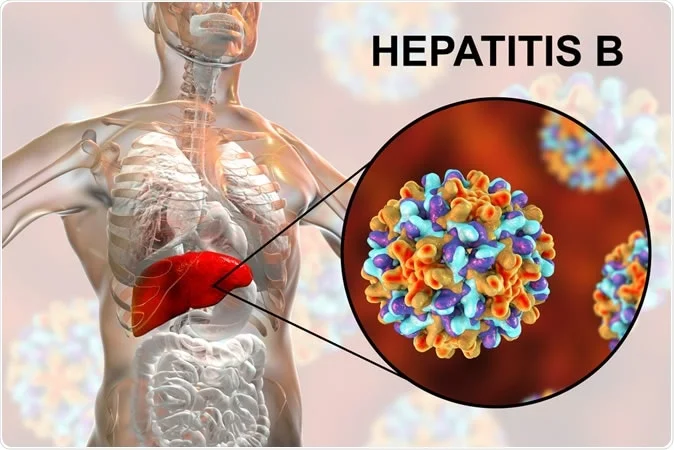In a groundbreaking achievement, Namibia has emerged as the first country in Africa, and indeed the first high-burden nation globally, to make significant strides towards eliminating vertical transmission of both HIV and viral hepatitis B.
This remarkable feat was announced by the African Region Office of the World Health Organisation (WHO) on Monday.
Eastern and Southern Africa, home to over half of the world’s HIV burden, has long grappled with the challenge of mother-to-child transmission of these diseases. Against this backdrop, Namibia’s achievement stands as a beacon of hope and progress.
“Progress is possible,” affirmed WHO, noting that globally, 2.5 million children have been spared vertical transmission of HIV since 2010, with 28,000 of these cases occurring in Namibia alone. Key to this success has been the widespread availability of HIV testing among pregnant women and access to treatment, resulting in a remarkable 70% reduction in vertical transmission over the past two decades. In 2022, only four percent of babies born to mothers living with HIV in Namibia acquired the virus.
Furthermore, nearly 80% of infants in Namibia received a timely birth dose of the hepatitis B vaccine, underscoring the nation’s commitment to comprehensive healthcare services. This integrated approach, which merges primary healthcare with antenatal, child health, and sexual and reproductive health services, has been pivotal in achieving these milestones.
Recognising Namibia’s efforts, WHO awarded the nation “silver tier” status for progress in reducing hepatitis B and “bronze tier” for progress in HIV reduction. Dr. Matshidiso Moeti, WHO Regional Director for Africa, hailed Namibia’s achievement as a testament to committed political leadership and effective public health implementation.
The validation process, conducted in collaboration with UNICEF, UNAIDS, and UNFPA, evaluates data and establishes standardized milestones for disease elimination. Namibia’s success underscores the efficacy of a person-centered approach to healthcare, aimed at improving outcomes for both mothers and children.
UNAIDS Regional Director for East and Southern Africa, Anne Githuku-Shongwe, commended Namibia’s efforts, stating that they serve as a beacon for the entire region in the fight against pediatric HIV. UNICEF Regional Director for Eastern and Southern Africa, Etleva Kadilli, highlighted Namibia’s holistic approach to the HIV response, encompassing maternal and child health within a broader development agenda.
The WHO’s Triple Elimination Initiative aims to ensure the health of mothers and children and uphold every child’s right to be born free from the burden of HIV, syphilis, and hepatitis B. Recent years have seen several countries, including Cuba, Thailand, and Belarus, certified for eliminating mother-to-child transmission of HIV.
Meanwhile, Nigeria continues to face significant challenges, with the highest burden of children born with HIV globally and a substantial number of chronic carriers of hepatitis B. Addressing these challenges remains a priority, with WHO emphasizing the importance of integrated services and sustained political commitment to achieve the goals of ending mother-to-child transmission of HIV, hepatitis B, and syphilis.





